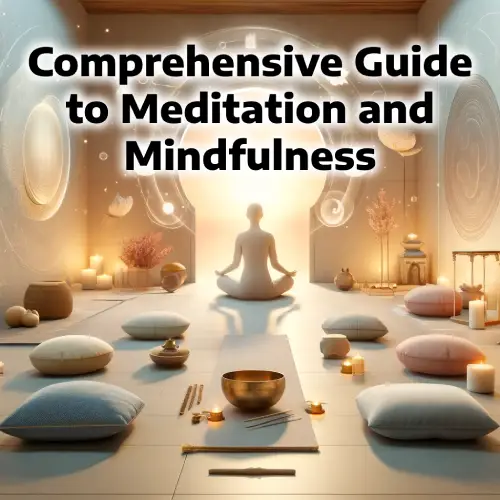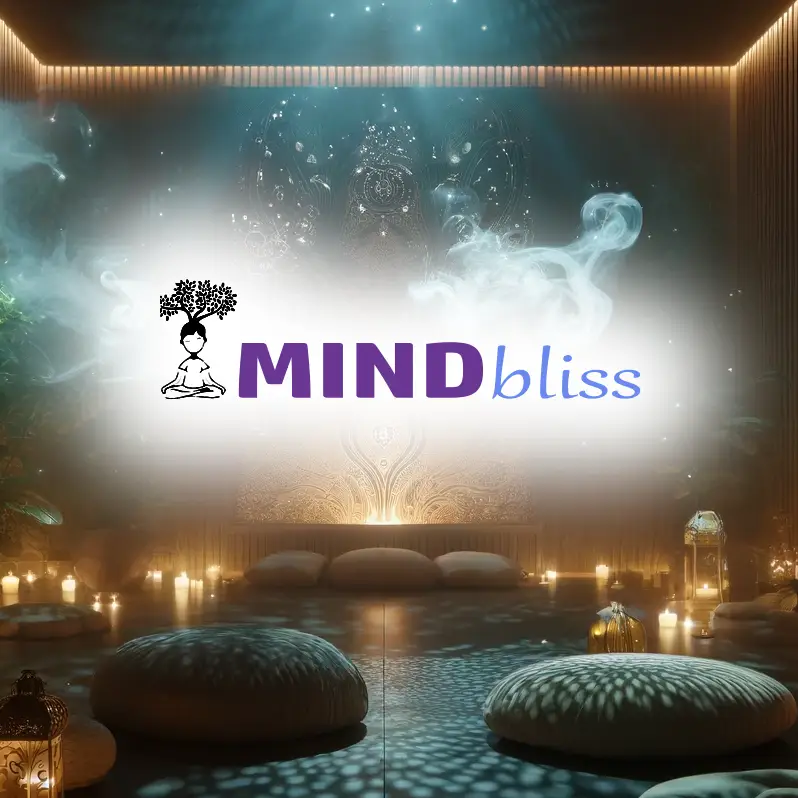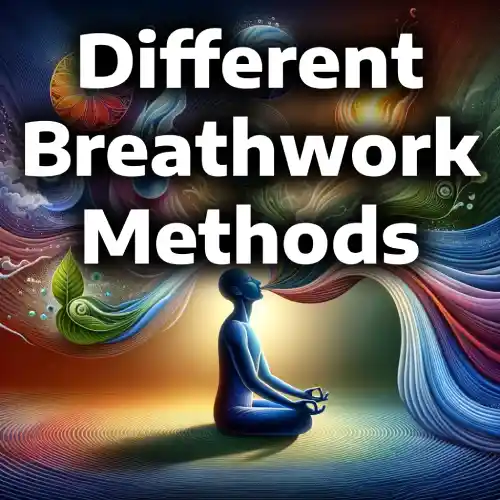
Comprehensive Guide to Meditation and Mindfulness
Written by: Sophi Abigail ToledoDate: 23.02.2024
Tags:
Meditation Benefits Practice
Understanding Meditation and Mindfulness
Meditation and mindfulness are ancient practices that cultivate inner peace, reduce stress, and enhance well-being. We will explore these concepts, their benefits, and how to integrate them into your daily routine.
What is Meditation?
Meditation involves training the mind to focus and redirect thoughts to achieve mental clarity and emotional calmness. Originating from ancient India and China, it is practiced worldwide in various forms.
What is Mindfulness?
Mindfulness is a form of meditation focusing on present-moment awareness without judgment, fully engaging with thoughts, feelings, and the environment around you.
The Practice of Meditation and Mindfulness
Techniques like breathing meditation, body scan, loving-kindness, and walking meditation help cultivate present-moment awareness and a sense of calm.
Different Meditation Techniques
Exploring various meditation techniques helps find a practice that suits your needs, enhancing relaxation, focus, and self-awareness.
- Mindfulness Meditation: Focus on the present moment with a non-judgmental attitude.
- Loving-Kindness Meditation: Cultivate compassion towards oneself and others.
- Transcendental Meditation: Use a mantra to focus and achieve deep relaxation.
- Zen Meditation: Maintain alertness and focus on breath in a specific posture.
- Guided Visualization: Use the imagination to visualize peaceful scenes and relax the mind.
- Vipassana Meditation: Observe breath and bodily sensations to gain insights into the nature of reality.
- Chanting Meditation: Repeat specific sounds or phrases to focus the mind and promote tranquility.
- Walking Meditation: Bring mindfulness to the act of walking, focusing on bodily sensations and surroundings.
Benefits of Meditation and Mindfulness
Regular practice of meditation and mindfulness offers extensive benefits, impacting mental, emotional, and physical health positively.
- Improved Mental Well-being: Reduces stress, anxiety, and depression while enhancing concentration and mental clarity.
- Emotional Balance: Increases self-awareness and fosters emotional resilience and positive emotions.
- Improved Physical Health: Benefits include reduced inflammation, enhanced immune function, and better cardiovascular health.
- Enhanced Self-Awareness and Personal Growth: Promotes deeper self-understanding and improved decision-making.
- Improved Sleep Quality: Facilitates relaxation and better sleep patterns.
- Increased Resilience to Pain: Offers tools for better pain management and emotional coping.
- Enhanced Creativity and Focus: Clears mental clutter, fostering creativity and sustained focus.
- Greater Sense of Happiness and Well-being: Cultivates an inner peace and satisfaction with life's experiences.
Incorporating Meditation into Daily Life
Establishing a meditation routine and integrating mindfulness into everyday activities can enhance life's quality and well-being.
Creating a Meditation Routine
Choose a consistent time and quiet place, decide on the duration and technique, and focus on your breath to build a foundational practice.
Integrating Meditation into Daily Activities
Bring mindfulness to eating, walking, breathing, and listening to transform routine activities into meditative practices, enhancing presence and focus.
Benefits of Incorporating Meditation into Daily Life
Regular meditation improves stress management, emotional well-being, focus, sleep quality, self-awareness, resilience, and personal relationships.
Conclusion
Meditation and mindfulness are powerful tools for personal transformation. Regular practice can significantly improve mental, emotional, and physical health, leading to a more fulfilling and balanced life.







